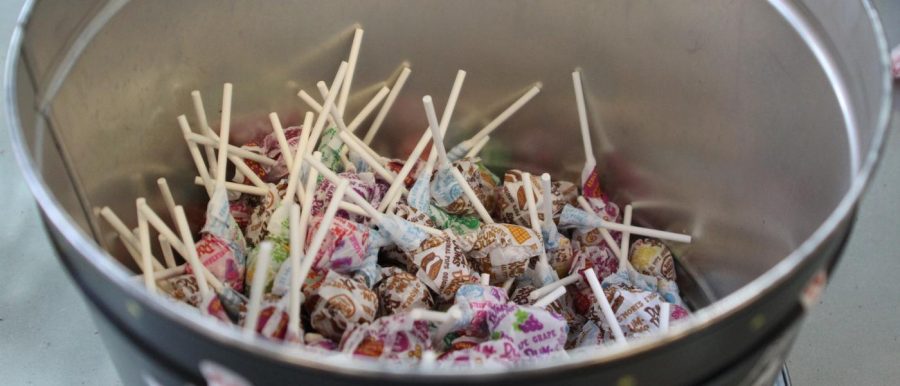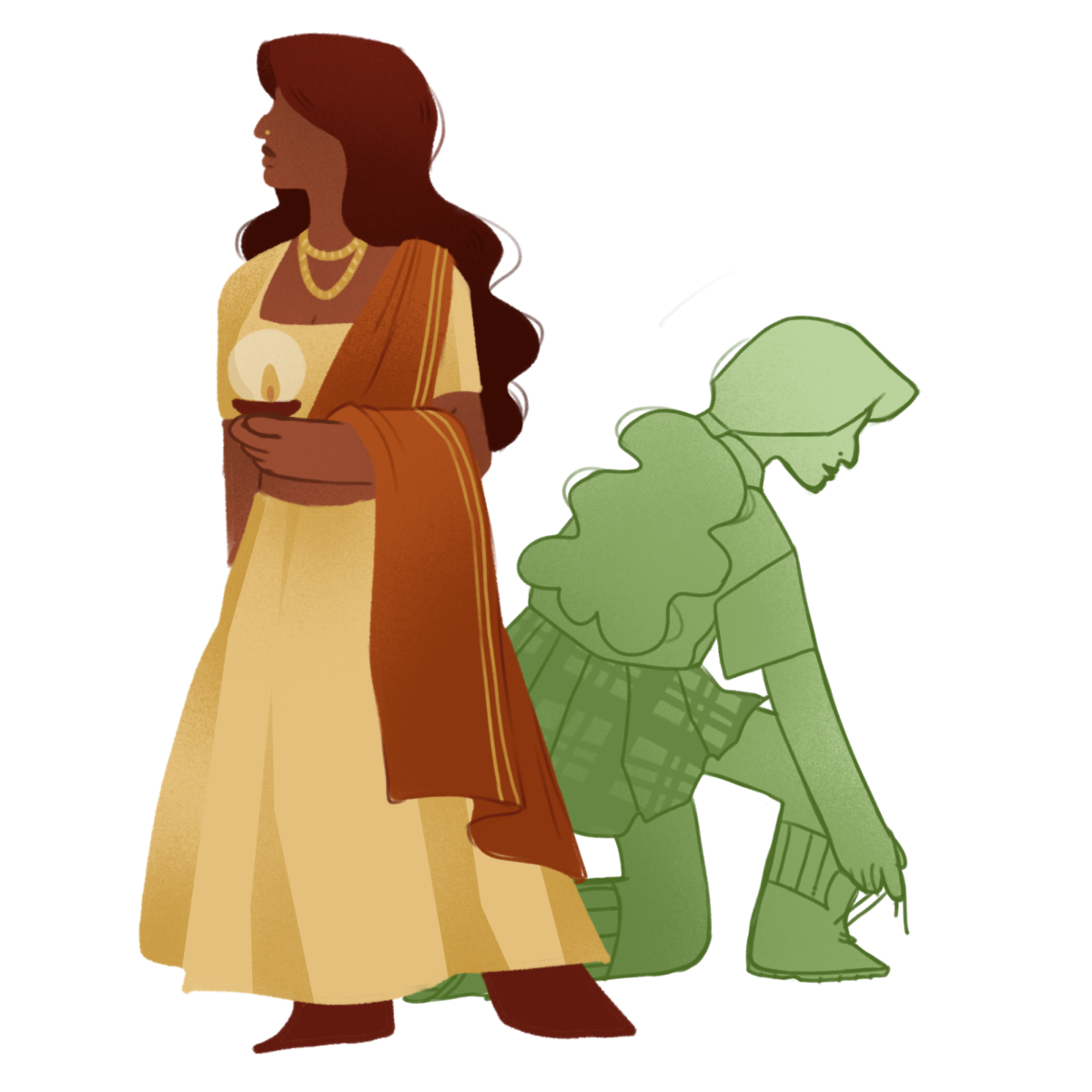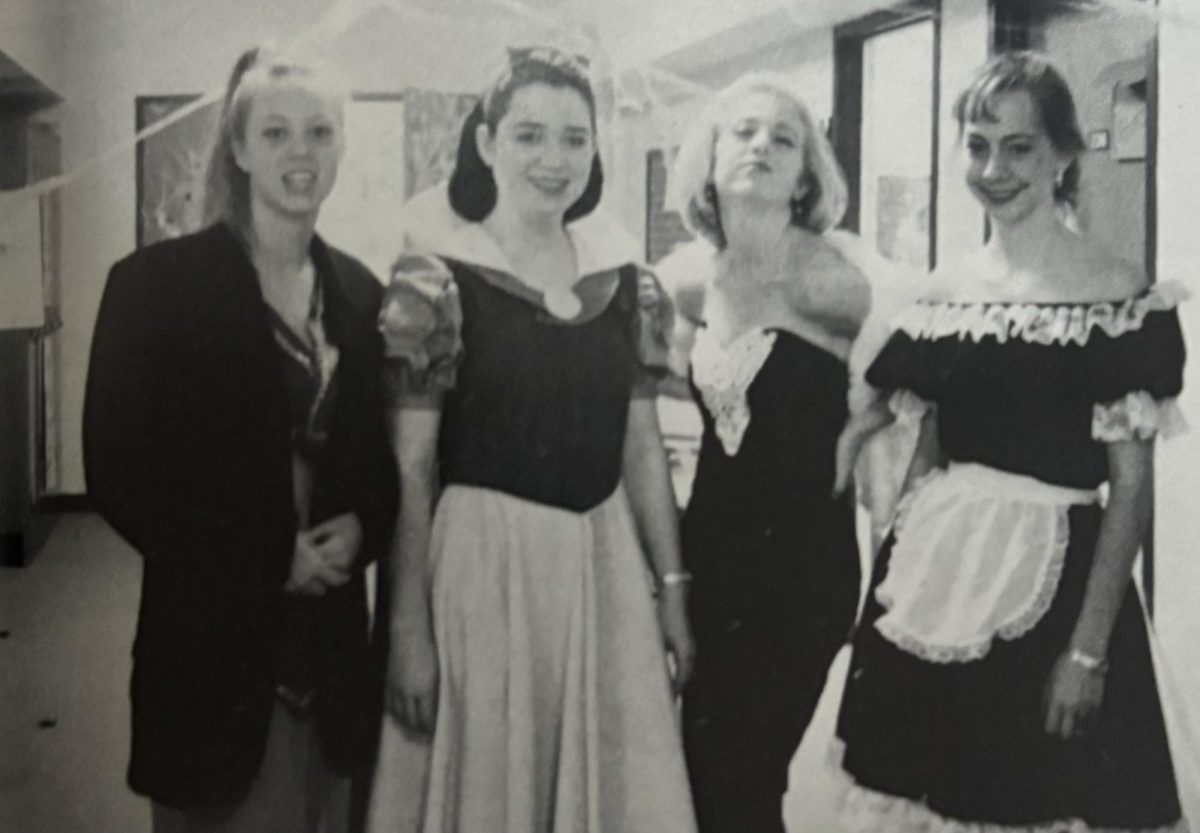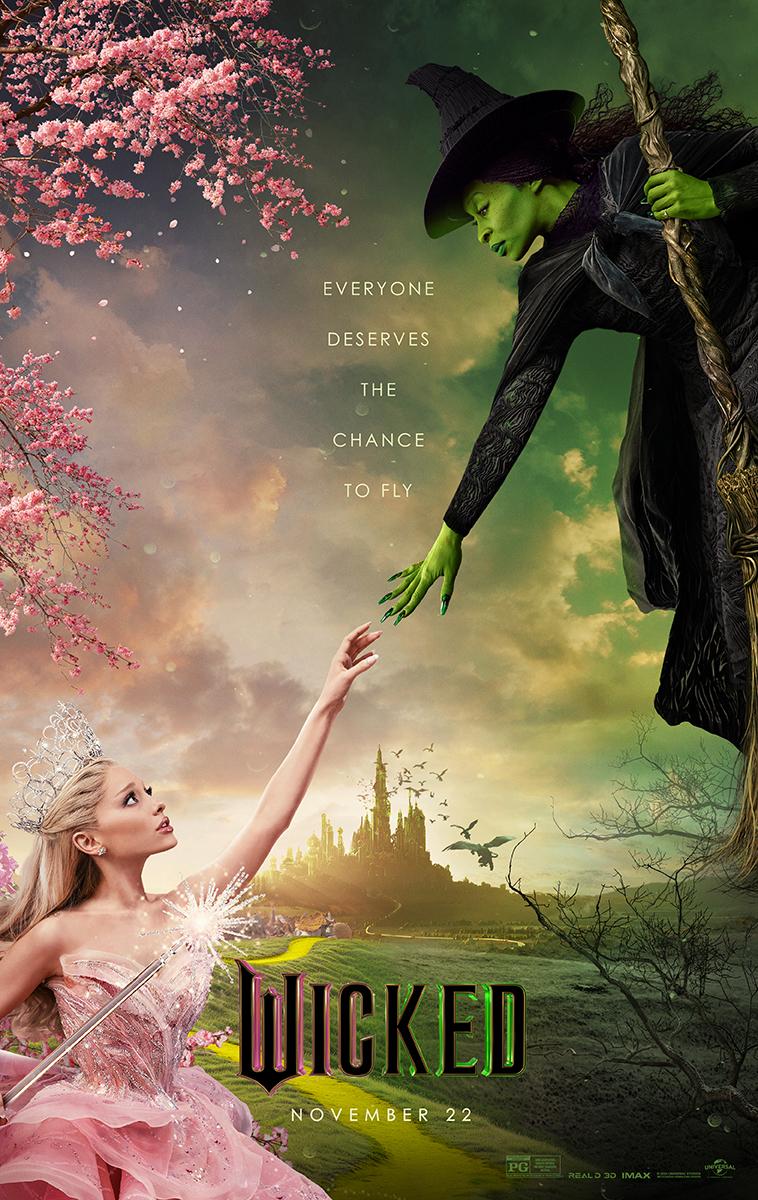Every Oct. 31, like clockwork, kids and teenagers ring doorbells with saccharine smiles plastered on their faces, stretching out their plastic buckets to receive steady streams of sugary goodness.
Like any other kid, I fondly recall looking forward to the one night per year where I could simultaneously assume a new identity and refill my candy stash. In an era of rampant obesity and diabetes, however, the traditional practice of passing out candy on Halloween comes into question and should be reconsidered.
Some might argue that a single day of downing sugary treats does not sentence a child to a life of sugar-related health problems, and I would agree. But consider the unintended impact that that passing out Halloween candy may have on children’s eating patterns. The massive quantity of candy that children accumulate on Halloween makes it easier and easier for children to binge eat that candy, further setting in stone unhealthy eating practices that may last a lifetime.
The short period of time in which children often consume Halloween candy doesn’t help the situation. What results is a sharp spike in insulin that occurs over a short period of time. And when these drastic spikes in blood sugar become regular, kids become particularly susceptible to health conditions like type 2 diabetes.
It’s easy to discount childhood as a time in which kids should enjoy all the junk food that they would like to have, simply because their metabolisms are higher and because they might not visibly put on extra pounds. On the contrary, childhood presents a unique opportunity for parents to reinforce healthy eating practices that will prevent the accumulation of health problems later in life.
This starts by offering healthier alternatives to sugar-laden candies like Reese’s and Butterfinger, including bags of microwave popcorn and apple slices. Apples contain fiber and important antioxidants, while popcorn is rich in phytochemicals that promote healthy vision and protect the body from cancer and heart disease.
Offering these types of snacks with greater frequency on Halloween and on other holidays like Easter will encourage kids to appreciate the flavor that minimally processed, nutrient-rich snacks possess. By encouraging healthy snacking, we are investing in the health of future generations. I think that’s worth telling kids to lay off the Snickers, don’t you?
Eshani Kishore – Features Editor












Ishanie Kishorie
Nov 3, 2016 at 8:37 am
Microwave popcorn isnt healthy